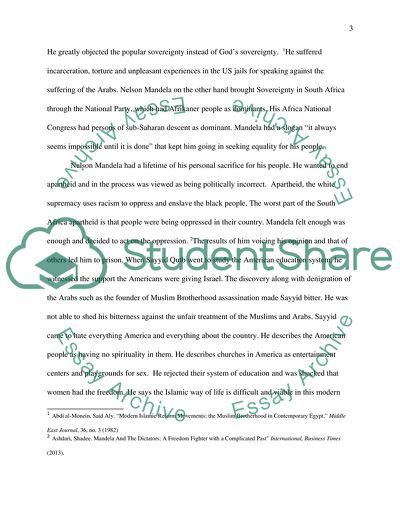Cite this document
(Monarchies Have No Place Today Case Study Example | Topics and Well Written Essays - 1750 words, n.d.)
Monarchies Have No Place Today Case Study Example | Topics and Well Written Essays - 1750 words. https://studentshare.org/history/1863247-monarchies-have-no-place-in-the-modern-world-discuss-with-reference-to-two-leaders
Monarchies Have No Place Today Case Study Example | Topics and Well Written Essays - 1750 words. https://studentshare.org/history/1863247-monarchies-have-no-place-in-the-modern-world-discuss-with-reference-to-two-leaders
(Monarchies Have No Place Today Case Study Example | Topics and Well Written Essays - 1750 Words)
Monarchies Have No Place Today Case Study Example | Topics and Well Written Essays - 1750 Words. https://studentshare.org/history/1863247-monarchies-have-no-place-in-the-modern-world-discuss-with-reference-to-two-leaders.
Monarchies Have No Place Today Case Study Example | Topics and Well Written Essays - 1750 Words. https://studentshare.org/history/1863247-monarchies-have-no-place-in-the-modern-world-discuss-with-reference-to-two-leaders.
“Monarchies Have No Place Today Case Study Example | Topics and Well Written Essays - 1750 Words”. https://studentshare.org/history/1863247-monarchies-have-no-place-in-the-modern-world-discuss-with-reference-to-two-leaders.


